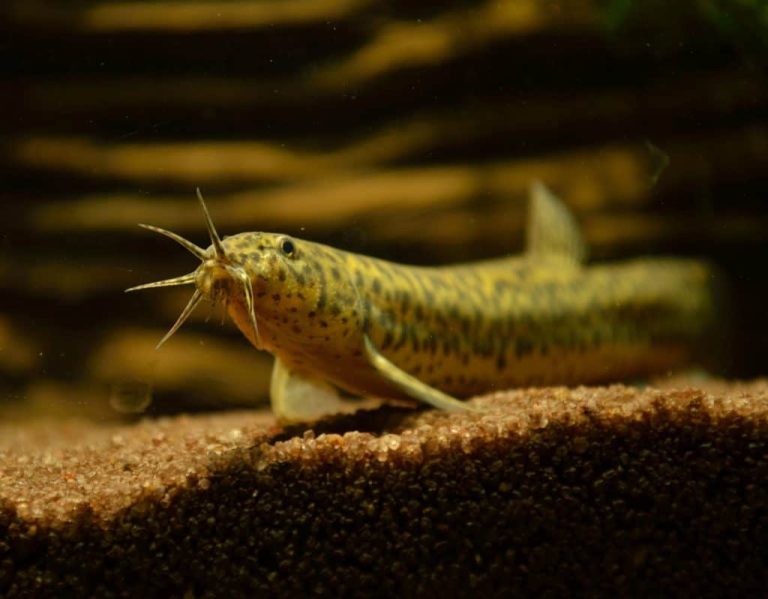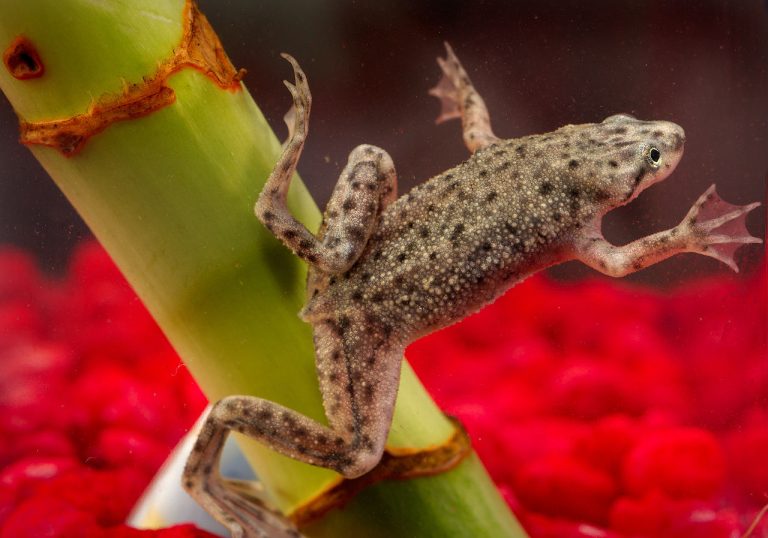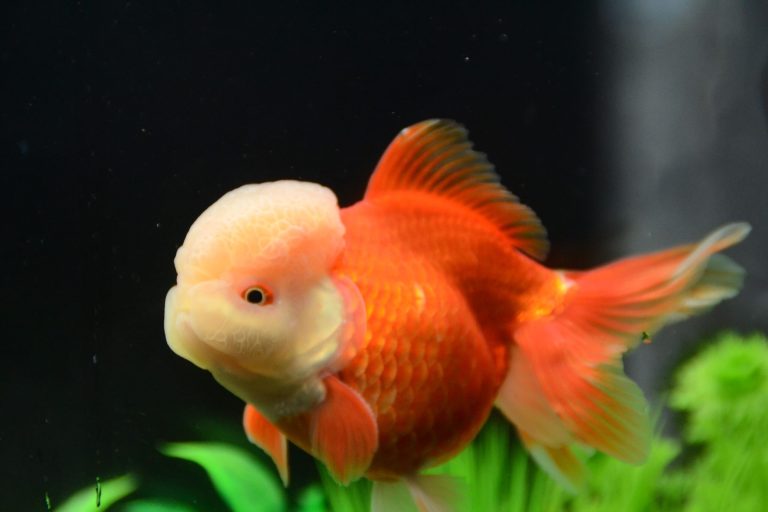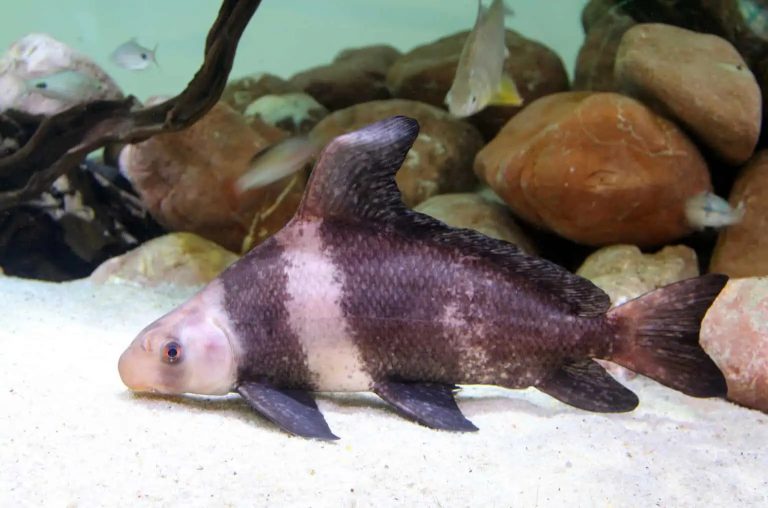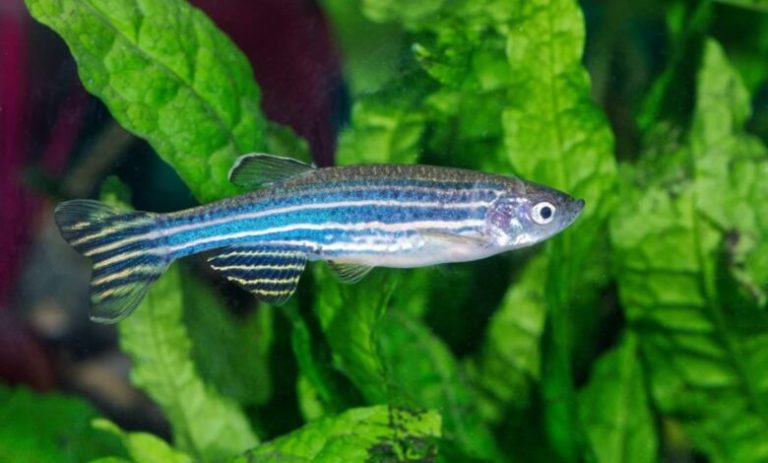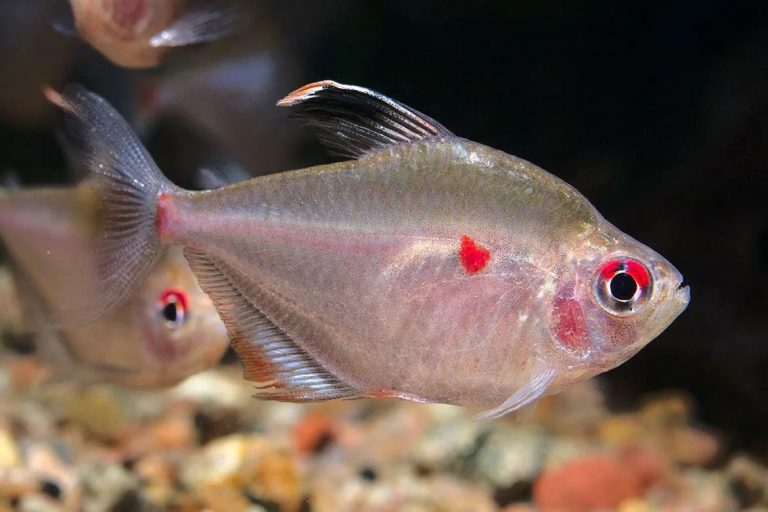Do Fish Sleep?
The underwater life of fish is often a mystery to us humans. They spend most of their lives away from our eyes, deep within oceans and lakes. As a result, even the simplest questions about fish behavior are still topics of research for scientists. One such simple yet complex question is: Do fish sleep?
Since fish are living creatures, they need rest and sleep. However, their way of sleeping is different from ours because they can’t close their eyes. Fish can remain motionless in one place to gather energy, and in areas where sunlight doesn’t reach, they may go deeper or lean against a supportive surface to meet their rest needs. In this way, they exhibit a unique resting and sleeping pattern.
For many of us, sleep means getting into bed, closing our eyes, and waking up refreshed in the morning. But what about fish? Without eyelids, and continuing to move, can fish sleep in the silent waters below? This article will explore the sleep habits of fish, their sleep cycles, and the general effects of sleep on fish in the light of scientific research.
Scientific Facts
A series of scientific studies have been conducted to learn more about fish sleep. These studies have revealed various facts about fish sleeping habits.
Sleep and Brain Waves
It’s generally accepted that fish do sleep. However, no significant difference in brain waves has been observed between their awake and sleep states. This has raised questions about whether fish experience deeper stages of sleep.
Eyelids and Sleep
Most fish don’t have eyelids, so they don’t sleep by closing their eyes. But that doesn’t mean they don’t sleep. Scientists suggest that the absence of eyelids helps fish continuously monitor their surroundings and stay alert to potential threats.
Fish Sleeping Positions
Most fish have specific positions when they sleep. Some prefer to sleep near the water’s surface, while others might choose the bottom or even inside a cave. The sleeping position often depends on the species and characteristics of their habitat.
REM Sleep in Fish
Humans and some animals have a sleep cycle that includes a Rapid Eye Movement (REM) stage where dreaming is likely. However, it has not been proven that fish experience a REM stage of sleep.
Non-REM Sleep in Fish
This is part of sleep where humans experience deeper stages of sleep. It’s believed that fish undergo a sleep phase similar to non-REM sleep in humans.

Fish Sleep Cycles
Fish sleep remains a topic not fully understood, but it’s believed they follow a certain sleep cycle, often divided into “light sleep” and “deep sleep.”
Light Sleep
In the light sleep stage, fish tend to slow their movements and become less alert. This stage often corresponds to a reduction in energy consumption. Some species remain somewhat attentive to their surroundings, while others might become more quiet and motionless.
Deep Sleep
This is the stage where fish truly fall asleep and may completely stop moving. Their metabolism slows down significantly, and their responsiveness to environmental stimuli drops drastically. Often, they will seek shelter or settle at the bottom. Fish in deep sleep can’t be easily roused and this phase maximizes their body repair processes and energy storage mechanisms.
These cycles, as well as their sleep durations and habits, largely vary based on species, age, and environmental factors. More research is needed to fully understand fish sleep cycles. However, based on our current knowledge, sleep is vital for their health and overall life cycles.
Fish Sleep Durations
The duration and cycles of fish sleep vary greatly depending on their species, age, habitat, and seasonal factors. While some fish sleep during specific times of the day, others sleep more during certain periods of the year. For instance, many fish species are nocturnal, but some species, like sharks and tunas, are active during the day. The sleep duration for fish typically ranges from a few hours to a few days, depending on the species and stage of life.
Conclusion
To answer the question, “Do fish sleep?” – Fish sleep is still not fully understood. However, existing scientific research indicates that fish have a specific sleep cycle, and sleeping is essential for their health and general behavior.
FAQs
Fish: How Long Do They Sleep?
The sleep durations of fish largely depend on their species, age, environmental conditions, and individual needs. Generally speaking, many fish have specific hours when they are awake and asleep.
Some fish prefer to sleep at night, while others might choose to nap during the day. For instance, it has been observed that some fish in aquariums cease movement at nighttime and are ‘asleep.’ Additionally, many fish species are known to reduce their activity levels at night to conserve energy.
Specifying a precise duration for how long a fish will sleep is challenging, as this can significantly vary depending on the fish’s species, habitat, and overall health condition. However, it’s known that some fish can sleep anywhere from a few hours a day to several days at a time. For instance, during the winter months, certain fish species can go into a prolonged “winter sleep” underwater.
On the other hand, some species of fish are believed not to sleep because they need to be in constant motion. This includes species such as sharks and tunas. However, it is known that these fish can rest one half of their brain while the other half remains active.
So, how long fish sleep varies greatly based on their species and individual needs. Further research is needed to gain more insight into this topic.
Do Fish Sleep?
The concept of sleep in fish is still not fully understood. However, current scientific research indicates that fish do have a specific sleep cycle and that sleep is crucial for their health and general behavior.
Kaynaklar: Nature


